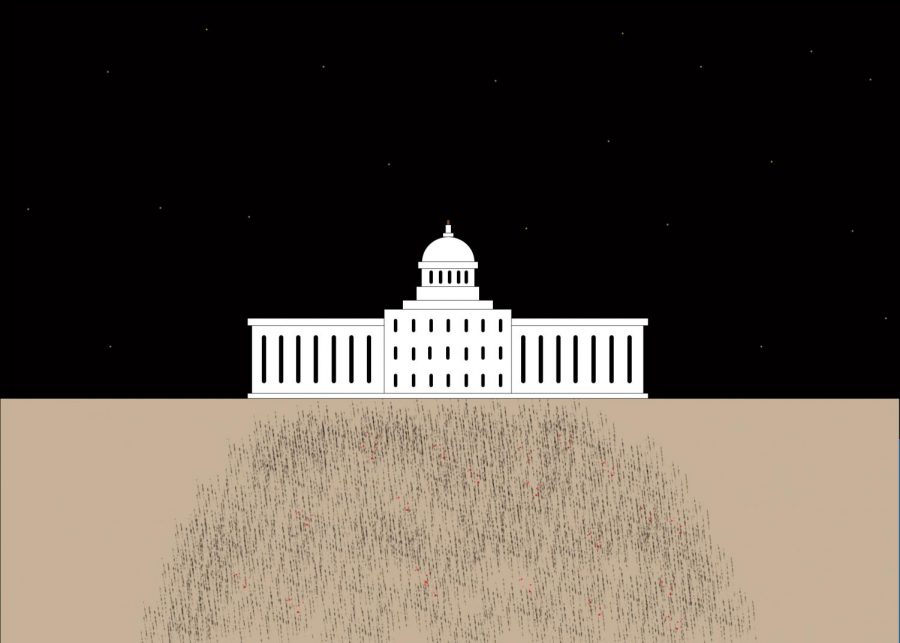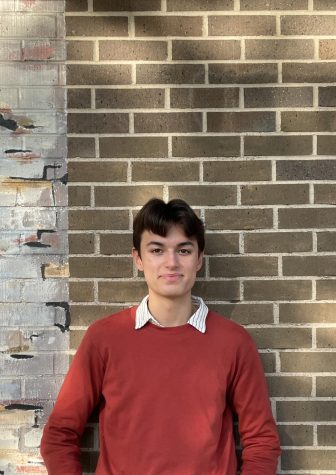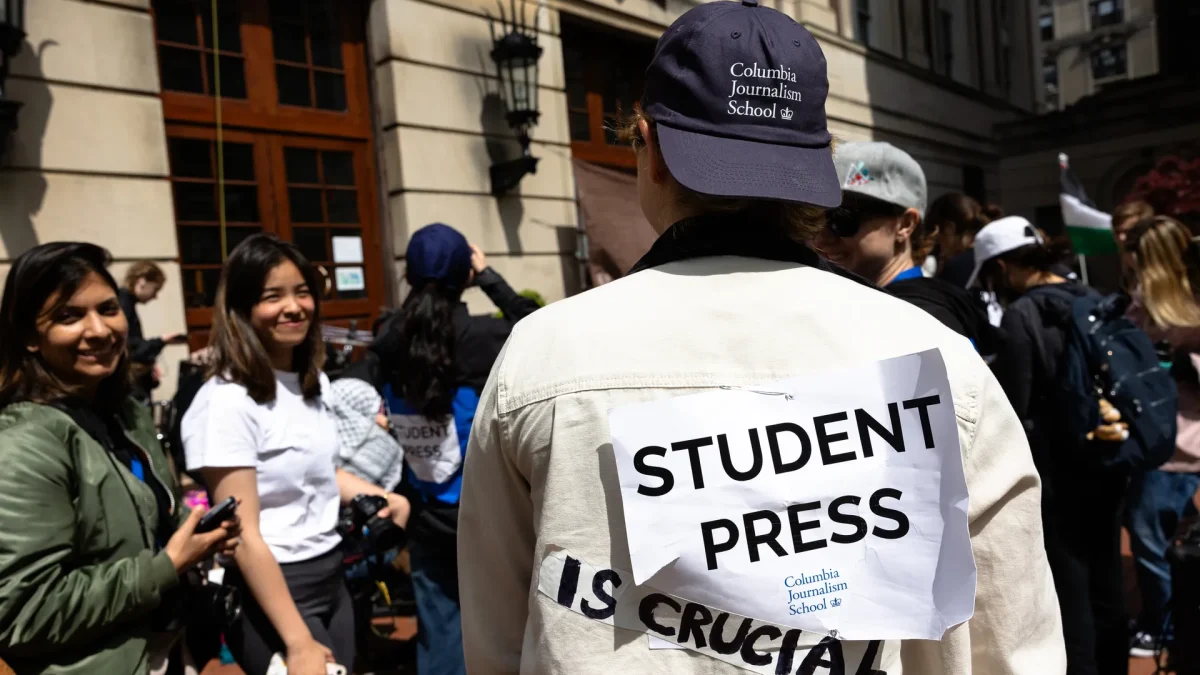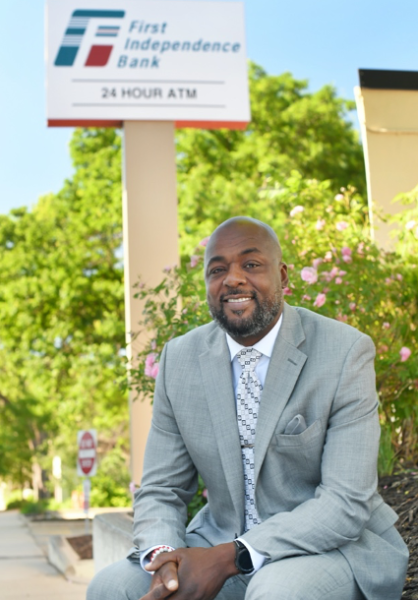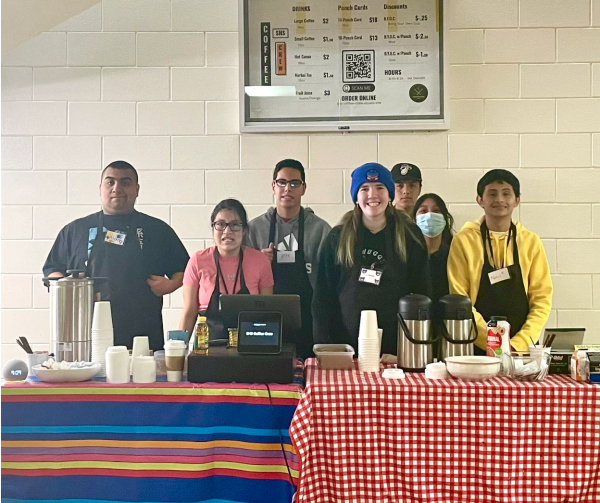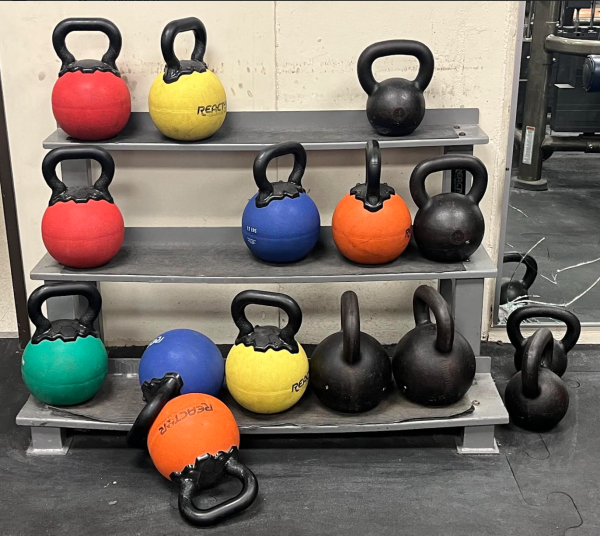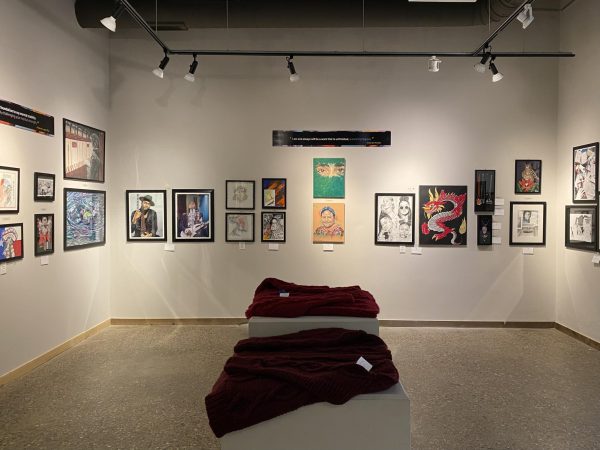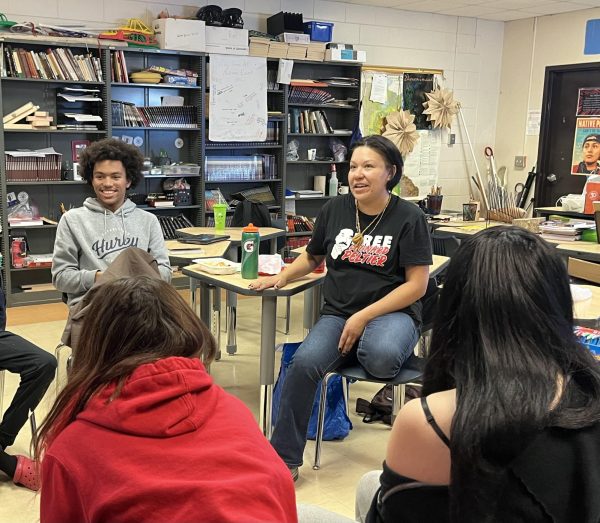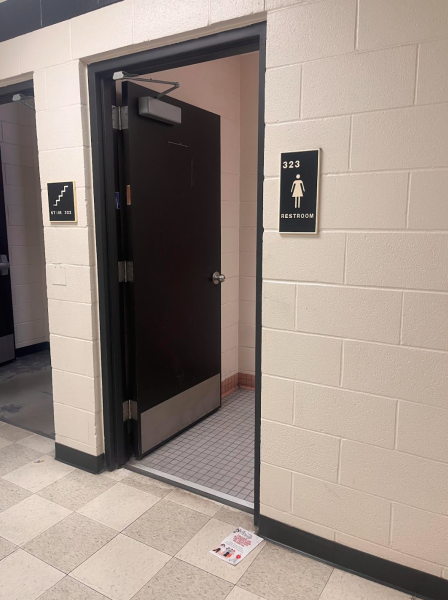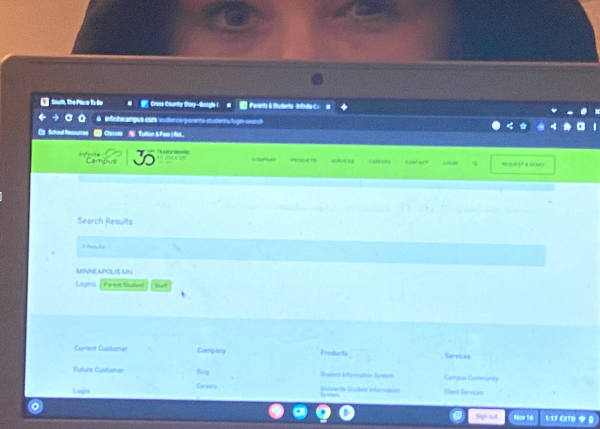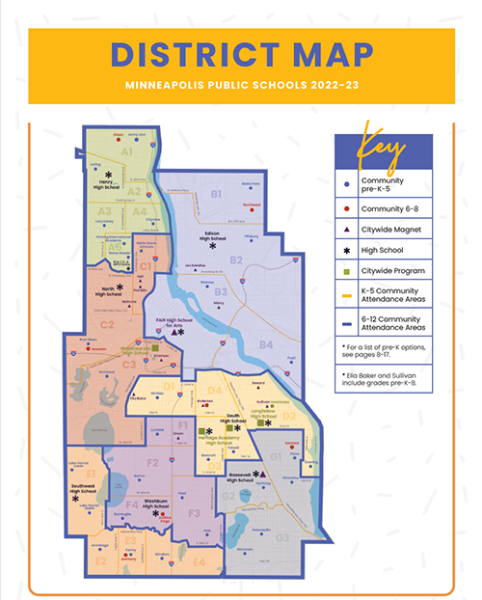Frustrating, but not surprising: South’s reaction to the January 6th capital riot
Trump supporters flooded the capitol last Wednesday to riot and take over the capitol building. The mob left many Americans, including the South High community, with much to say.
January 15, 2021
Less than a week ago it was Wednesday, January 6th. On this day, citizens from many countries all over the world watched a rather peculiar event take place in the United States capitol- a storm of angry citizens taking over the US Capitol Building.
The mob, which was several thousand strong, only suffered 82 arrests. However, five people died in the uproar, leaving many Americans shaken to their core at how something like this could happen (as well as many who were not surprised). These events also left a lasting impact on the South High community, with students and teachers having a wide range of thoughts on this chaotic event.
The initial reaction amongst the South community had a similar theme: the event was upsetting, maybe shocking, but not surprising. “I was extremely frustrated. I wasn’t even shocked… [and] it would have been a completely different [outcome] if it was a different group of people,” said senior Sundus Ahmed upon reflecting on the riot.
The following school day, many teachers addressed the riot in class. One of those teachers was Chinese language teacher Dingman Yu. It was safe to say the riot left an impact on Yu, who hopes his students can stop this from happening again in the future. “I [knew] everybody [was] undergoing many different emotions, but the point I like to make to my students is to stress the fact that it is you, people like you, the future generation, they will be able to make a difference.”
However, not every teacher addressed the riot. This left some students puzzled at how their teachers expected them to continue learning math and science when an extremely traumatizing event happened just the day before. “Some teachers completely just ignored it and went with their lesson which was kind of odd and bizarre, and I don’t see a reason why [they were to ignore it]… at least give 30 minutes worth [of time] for students [to talk], do not put a blind eye on it and move on,” said class of 2021 senior president Beza Abate.
One particular part of the riot grabbed the attention of many South community members: the law enforcement. There was a significantly low amount of capitol police officers present at the start of the riot (the national guard did not come until later) and even when the national guard came it took a long time to bring things under control. The image of the rather tame police response to the rioters was drawn in stark contrast to the images of the racial injustice protests over the summer, in which the police and national guard had a heavy and dominating presence over the peaceful protesters.
“Since [the rioters] have white privilege, they were not treated exactly the same way we the Black people were treated, and obviously the way we were treated was not good… I’m just saying that there is definitely a difference for us,” said Abate.
The capital breach could potentially lead to severe consequences for current president Donald Trump, who was impeached for a historic second time on Wednesday, January 13th. Senate Republicans who previously supported the incumbent president’s improbable efforts to overturn the election found themselves switching sides due to the events on Wednesday, including former die-hard Trump supporters Lindsay Graham and Mitch McConnell. While many Americans applauded these politicians, many members of the South community had something else to say.
“I think that it’s too late. Like, you don’t know what’s going to happen?… it’s too late. You can’t… [be like] ‘oh, this is over the extreme,’ you can’t do that. It’s too late, you supported him four years through his presidency,” said Ahmed.
The riot will go down as one of the darkest days in American history, and for many people in the South community this event has led them to seriously doubt the government. One of the messages that struck students the most was how much white privilege played into the police response, or in other words how mild the police response was to the overwhelmingly white rioters. The riot also left a message for Yu, that possibly something he deeply cared for was in danger.
“I came to the states at [the] age of 34… I was so sick and tired of the dictatorship in China where there is no free speech at all, where free thinking, critical thinking is not allowed, and so I came here with about 200 dollars cash in my pocket and… I went to school again. The point is, this is the political freedom I like to enjoy, I value the most.” Yu continued, “It’s sad for me to see this, for it [is] a reason for me to be here. Not only for me but for my son to be able to feel the free air, the freedom of speech.”
As time will pass into the future, Americans who witnessed this turbulent event will never forget it. Whether the clouds surrounding the legitimacy of our democracy will part in front of the South community is not clear. However, calls for change and self-education have rung out to make sure this doesn’t happen again. “Educate yourself on topics if you’re not [already], try to learn something,” said Ahmed.
Lastly, Yu offered this advice: “[You] have to remain humble and… not dig a hole for yourself… We need to [be] open minded and to have the basic sense of judgement. What is wrong, what is right? You need to be an independent thinker, you need to be an intellectual. [You] can do your own critical thinking to draw conclusions. There are so many fragments of facts, in real life, in social media, you need to pick and choose and draw a conclusion on your own… I’m still thinking in whether I trust humanity… but I always trust young people.”

